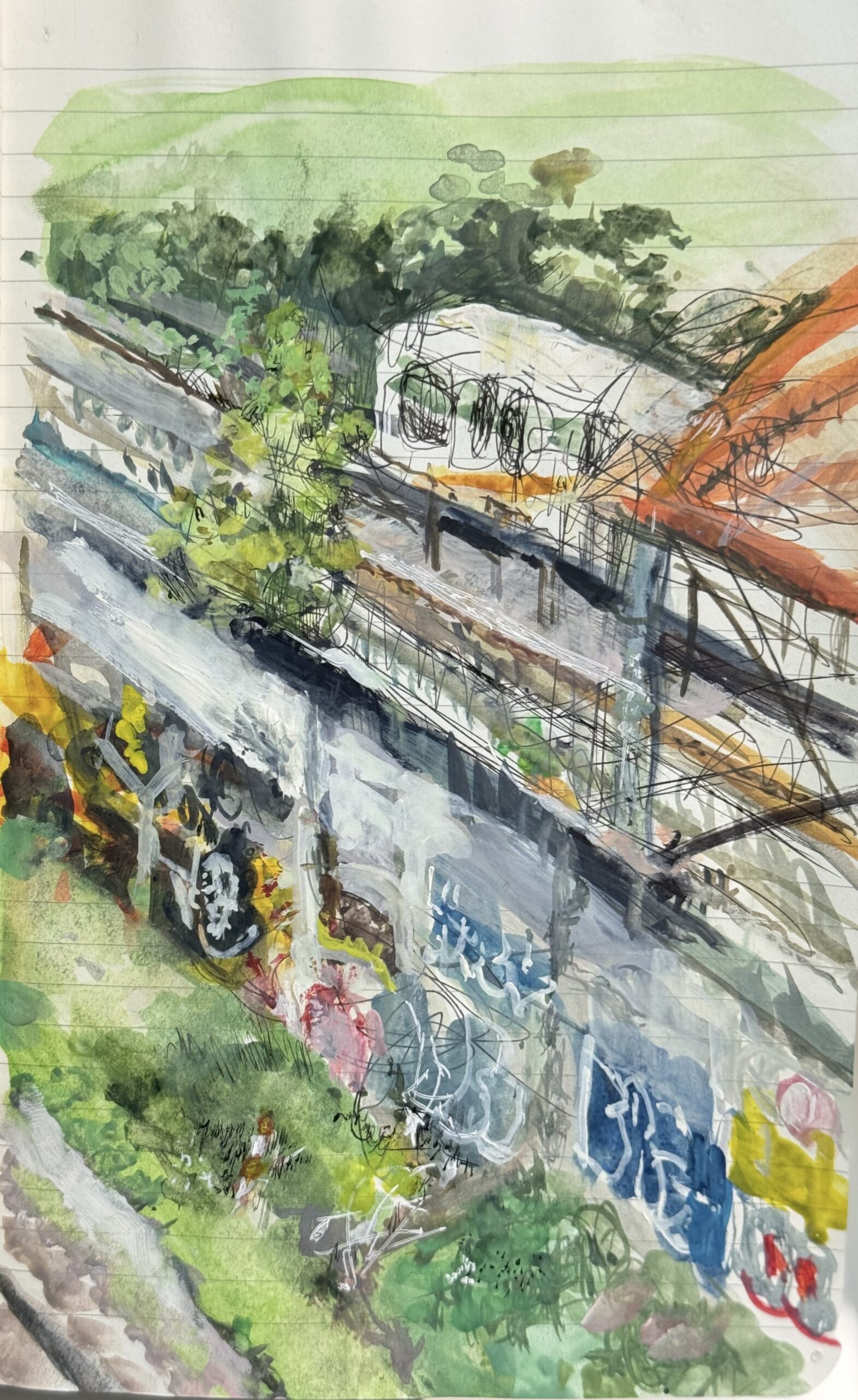My Life in France by Julia Child with Alex Prud’homme, published by Alfred A. Knopf

I waited six weeks to receive an email from the Vancouver Public Library that the book I had reserved was waiting for me at my local library around the corner. I was in luck–it was a Thursday night, which meant the library was open late. I could nip out before dinner and grab my precious object tout de suite.
Running all the way, I enthused to the librarian about my excited anticipation to read Julia Child’s already iconic biography, My Life in France. From the first page I knew I would not be disappointed. I’m half way through, and already mourning the event I know is coming––when I reach the final page.
Ms. Childs’ engaging story of her journey to becoming herself through her love of French cooking, and her descriptions of an American woman living in France in the 1950’s is an entertaining and delightful read.
Here is an excerpt describing a philosophy on cooking the lowly scramble egg by Chef Bugnard, one of her instructors at the Cordon Bleu cooking school:
His eggs were always perfect, and although he must have made this dish several thousand times, he always took great pride and pleasure in this performance. Bugnard insisted that one pay attention, learn the correct technique, and that one enjoy one’s cooking––”Yes, Madame Scheeld, fun!” he’d say “Joy!”
I am not the most adept of cooks; though I love eating, I’m the type who can make a decent meal when called upon, but most of my artistic energy goes into work in the studio. Reading My Life in France has me thinking that maybe I should sign up for that cooking course; I might actually enjoy myself.
Go, go at once, dear reader, and get yourself a copy of this wonderful book.



